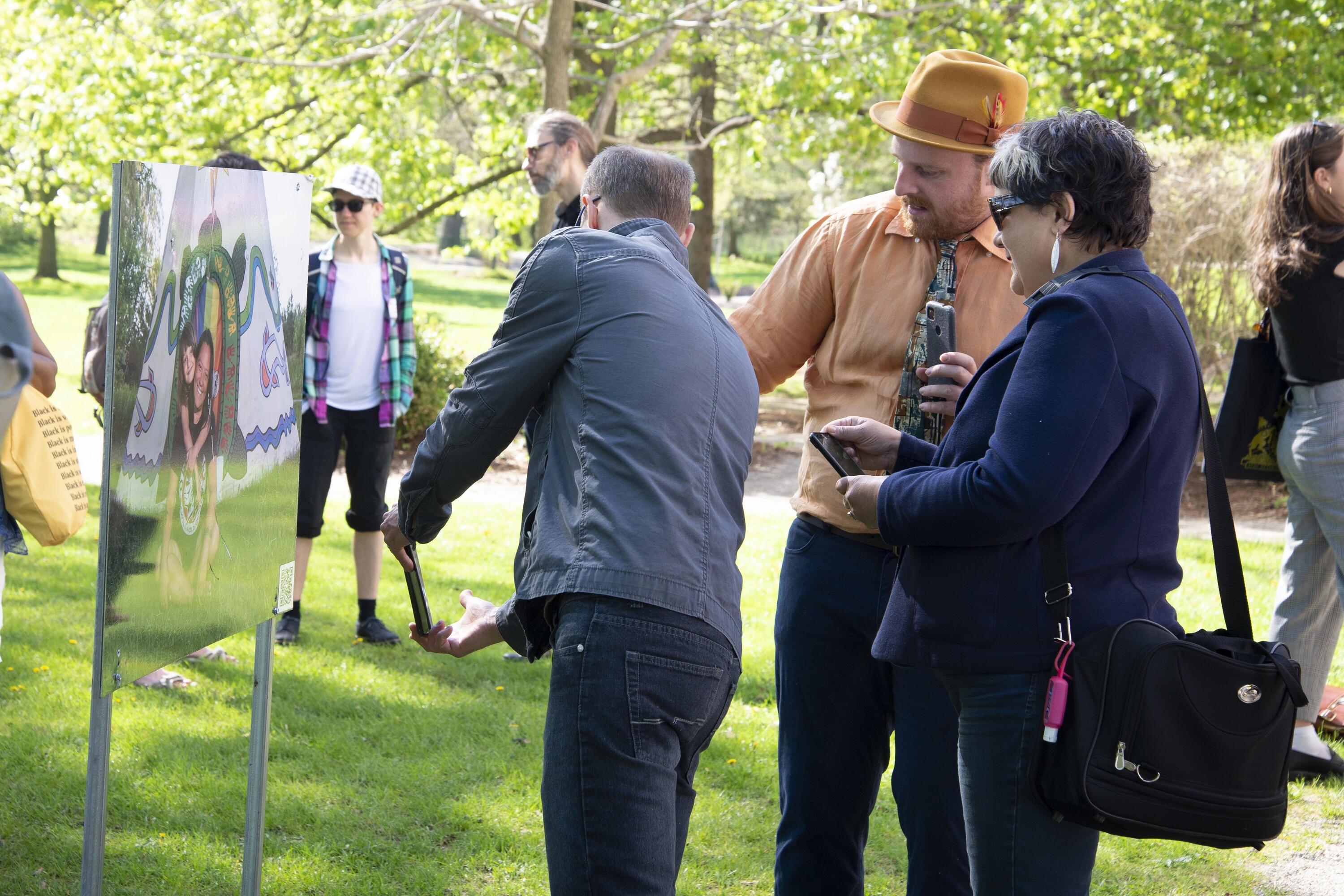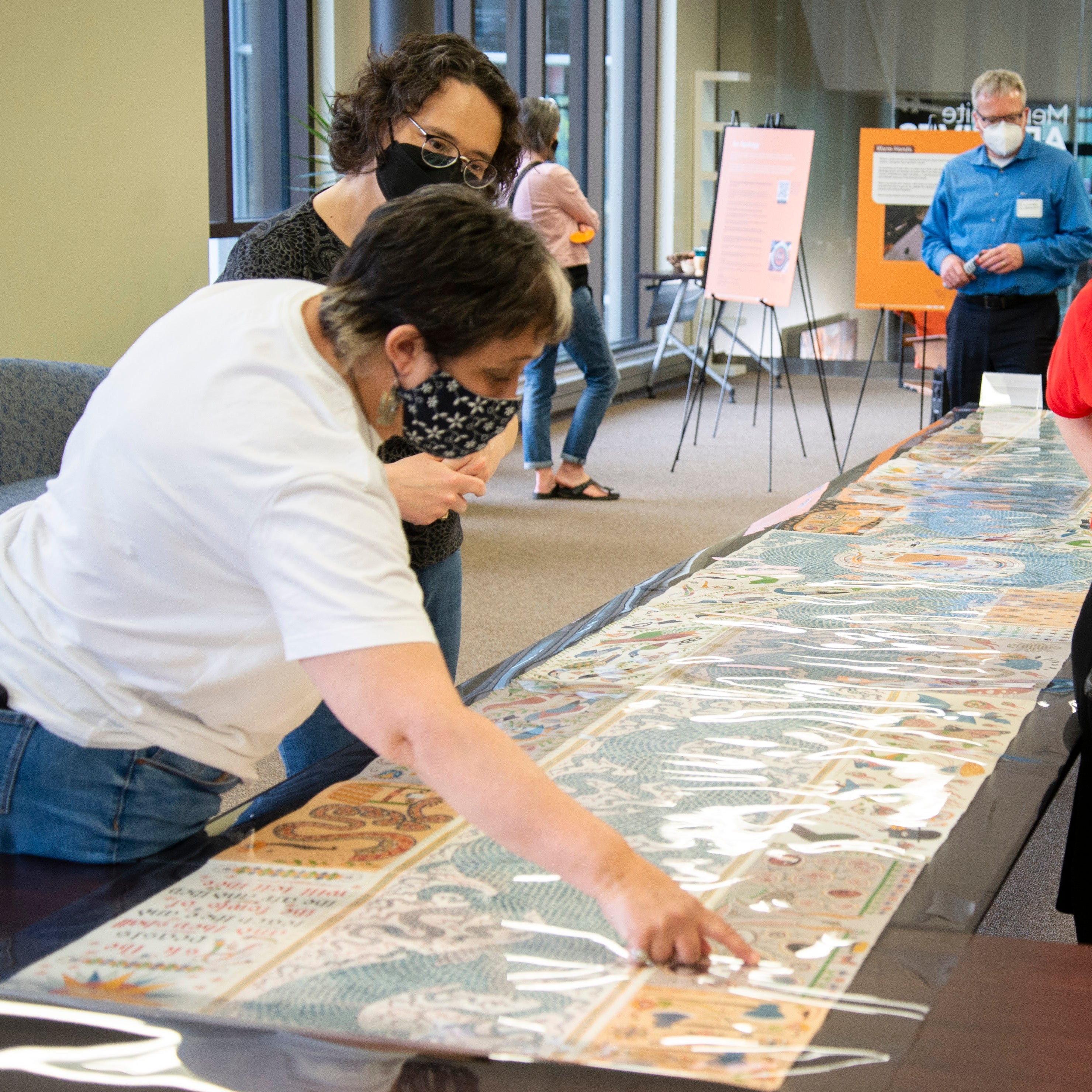The Indigenous Mennonite Encounters in Time and Place: A Gathering of Body, Mind, and Spirit conference was held at Conrad Grebel University College on May 12-15, 2022. It was a valuable opportunity to hear stories of encounters and relationships between Indigenous peoples and Mennonite settlers on Turtle Island (aka Canada).

Firekeeper Al McDonald's words resonated deeply with me. He suggested that our entire life is about connection, disconnection, and reconnection. This does not imply negativity or positivity, but just a fact of life. We connect with others - including the trees, birds, and rocks - in certain ways during our lifetime. However, as we move through our journey on Mother Earth, connections are broken. And then there will be a time of reconnection. This could be meeting up with an old friend, reconciling with a parent or connecting with new friends, but these are all part of life.

As a Master of Theological Studies student at Grebel, I feel the topic of Indigenous-Mennonite Encounters is a crucial aspect to the program. In fact, it is important to all Canadians because it is about the basics of how we treat others - fellow human beings - in any circumstance. Of course, theology students need to be informed of issues surrounding Indigenous-Mennonite relationships, not only to provide pastoring and council to those who have been affected by the trauma, but also to recognize mistakes, helping to prevent further harm to our Indigenous neighbours. Not only does Creator call humanity to love one another but the Church has been directly called to action as part of the Truth and Reconciliation Commission of Canada. It is important that the theological community understands these calls to action and takes responsibility for them, remembering the pledge to a healing reconnection with our Indigenous brothers and sisters.
As Adrian Jacobs reminded us during the conference, and I paraphrase, to really comprehend the atrocities of colonization, we must be willing to cry without ceasing, crashing to our knees into a puddle. Only then will we be able to walk alongside the Indigenous Peoples of this land, creating a loving allyship and eventual reconciliation.
By Bonnie Drudge, MTS student